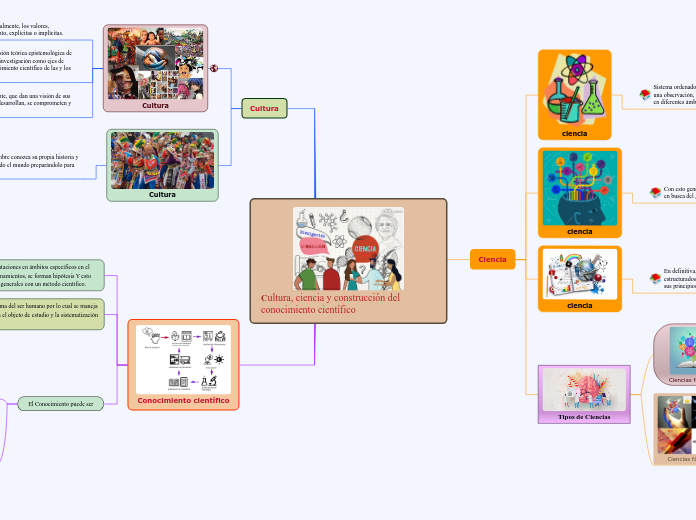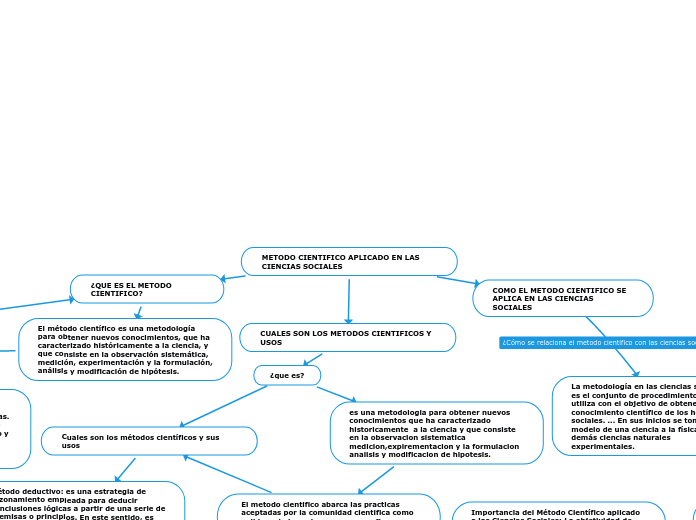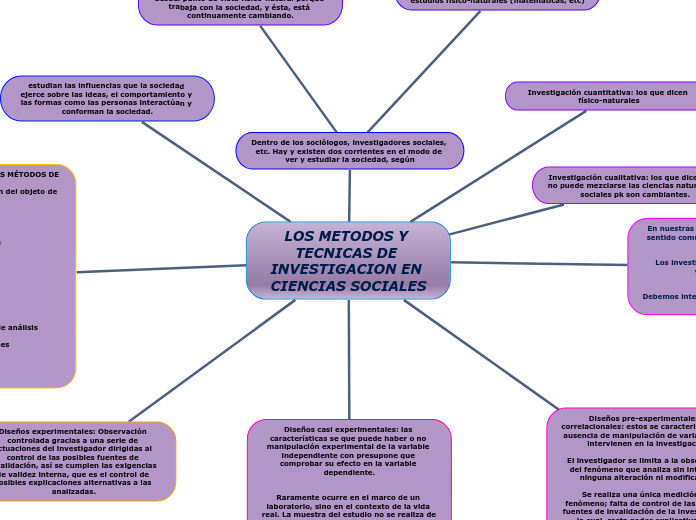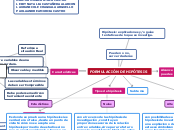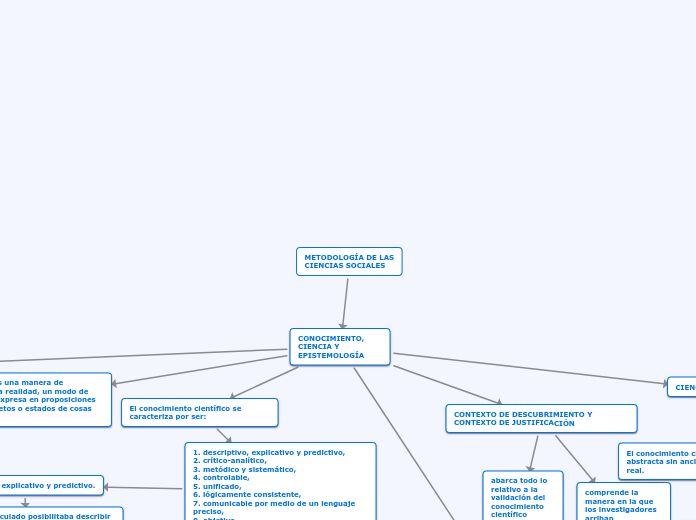Cultura, ciencia y construcción del conocimiento científico
In linguistics, syntax is the set of rules, principles, and processes that govern the structure of sentences in a given language, usually including word order.
Conocimiento científico
A compound sentence is a sentence that has at least two independent clauses joined by a comma, semicolon or conjunction. An independent clause is a clause that has a subject and verb and forms a complete thought.
El Conocimiento puede ser
Falso
Ejemplo: Los extraterestres.
El conocimiento es falso cuando en la conciencia del ser humano es el reflejo ilusorio, es decir, cuando no hay concordancia entre el conocimiento y el objeto.
Verdadero
Ejemplo: un rio.
El conocimiento es Verdadero cuando el reflejo mental es fiel a la realidad existente, esto quiere decir que la concordancia entre el objeto y la idea que fueron motivos del conocimiento.
Sabemos que la ciencia es la rama del ser humano por lo cual se maneja una metodología adecuada para el objeto de estudio y la sistematización de los conocimientos.
Create your own compound sentences, using the coordinators above.
Son observaciones y experimentaciones en ámbitos específicos en el cual se genera preguntas y razonamientos, se forman hipótesis Y esto conlleva a que se elabore leyes generales con un método científico.
When independent clauses are joined with coordinators (also called coordinating conjunctions), commas and semicolons, they do more than just join the clauses. They add meaning and flow to your writing.
Cultura
A complex sentence is a sentence that contains an independent clause and one or more dependent clauses.
An independent clause can stand alone as a sentence, but a dependent clause even though it has a subject and a verb cannot stand alone.
A predicative clause may be introduced by conjunctions - that, whether, whether... or, as, as if, as though, because, lest, the way - or connectives.
The latter may be conjunctive pronouns - who, whoever, what, whatever, which - or conjunctive adverbs - where, wherever, when, whenever, how, why.
La educación pretende hacer que el hombre conozca su propia historia y origen, su desarrollo y cómo ha cambiado el mundo preparándolo para la vida
The object clause is a phrase on which a verb performs an action. It falls at the end of a sentence, and is governed by a verb or a preposition.
Son las enseñanzas de un pueblo y su gente, que dan una visión de sus costumbres y tradiciones con las que se desarrollan, se comprometen y basan sus actos.
Se busca el fortalecimiento de la compresión teórica epistemológica de la relación existente entre la ciencia y la investigación como ejes de desarrollo para la construcción del conocimiento científico de las y los estudiantes.
La cultura son ideas tradicionales, especialmente, los valores, representadas en pautas de comportamiento, explícitas o implícitas.
Ciencia
Tipos de Ciencias
Ciencias fácticas
•Entre los fenómenos naturales están la filosofía economía y política.
•Entre los fenómenos naturales están la física, química, biología.
Son aquellas que estudian los fenómenos naturales y sociales
Ciencias formales
Son las ciencia lógicas y metodológicas es decir se trata más sobre la lógica y las matemáticas.
The predicative is defined as an adjective or noun forming or contained in the predicate.
Its main trait is that it serves to express a property that is assigned to a 'subject'.
For e.g.: The dog is old.
En definitiva, la ciencia es un conjunto ordenado de conocimientos estructurados debidamente comprobados basados en hechos reales por sus principios y causas.
The predicate of a sentence is the part that modifies the subject in some way. Because the subject is the person, place, or thing that a sentence is about, the predicate must contain a verb explaining what the subject does and can also include a modifier.
Con esto generamos cuestionamientos, después, llevándonos a la razón en busca del ¿por qué? De las cosas, se arma una hipótesis .
ciencia
The subject of a sentence is the person, place, thing, or idea that is doing or being something. You can find the subject of a sentence if you can find the verb.
Ask the question, 'Who or what 'verbs' or 'verbed'?' and the answer to that question is the subject.
Sistema ordenado de conocimientos estructurados que se obtienen tras una observación, investigación y experimentación previa desarrollando en diferentes ámbitos o concentrándose en uno específico.
